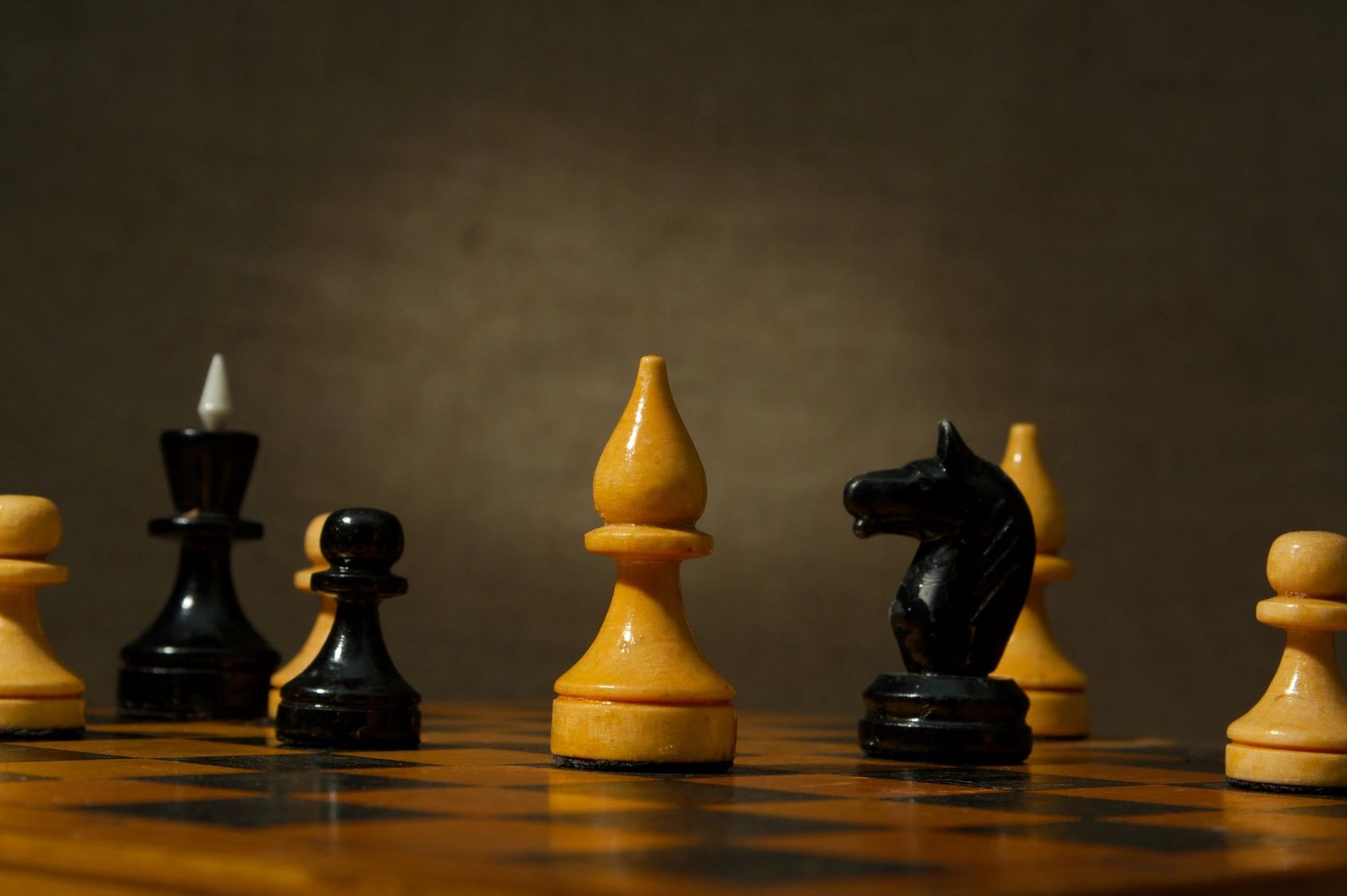What an exciting subject, right—learning to lose! And especially with the new year now in place.
Three events occurred with my 11-year-old grandson this past weekend that prompt me to write about this important life lesson.
On Friday evening he and I prayed hard as we tried to discourage a mother dog from running toward a busy street. We hoped to catch her and take her to safety. But we were traumatized as we watched her get hit by a car and killed. In all my years I’ve never witnessed the horror of a dog being hit by a car.
This same weekend, my grandson’s basketball team achieved their first victory of the season. He scored six of the winning points and was elated!
After this exciting accomplishment, he participated in the Pinewood Derby with his car on which he had labored so hard, hoping his painstaking preparation would carry him to victory. Sadly, he did not win anything, and he clearly felt dejected as his family looked on.
The loss of the dog and the sadness that ensued, the win of the game and the thrill that followed—and that causes me to smile even now as I remember—and the disappointment of not winning at the Pinewood Derby are each vignettes of life. Of this we can be certain: we win some, we lose some.
As the country western song goes, sometimes you are the windshield and sometimes you are the bug. If you haven’t heard the song, you might want to imagine it for a minute, because it’s a fairly good representation of the truth it depicts.
Life is a mysterious weave of disappointments and fulfilled dreams. How do we prepare ourselves, much less our children and grandchildren for them?
We say we are thankful to God when a life is spared, and we talk of His goodness. Are we then not thankful when a life is not spared, and does that mean God is not good? When He allows our prayer not to be answered and the dog is hit right in front of us, how do we respond? We wonder why He allows bad things to happen. We may think it would have been a beautiful witness to His mercy had the dog lived.
Let me be the first to say that God is always good and we are always to be thankful, but beyond that I cannot begin to answer the whys. I can imagine a variety of scenarios to explain why He allows certain things to happen, but I doubt we will fully understand any more than Job ever understood what happened to him while he was on earth.
But the question I struggle with even now is how to help my grandchildren learn how to lose.
We prayed for the dog as she ran, but she was hit and killed. We prayed as she lay in the road, dying. We prayed after she died.
We prayed before the game and we thanked God after the victory.
We prayed during the Pinewood Derby, and I consoled my grandson afterwards.
I explained the windshield and the bug. He was the windshield when he won, but the bug when he lost.
It seems that our culture promotes winning more than it encourages learning to win and to lose. So maybe part of our role is to help modify that paradigm.
The Bible seems to promote the concept that often winning is a result of losing. Sometimes it’s in the losing that we actually win. We are taught that to save our life we must first lose it. We all have experienced losses that have matured us in many unexpected ways.
When I think of the dog, a much greater change has occurred in me and I imagine in my grandson because of the loss. It causes me to search for God and His comfort and hope. Something supernatural occurs when I search for Him.
When I think of the basketball game, there is such joy that they won and that our grandson helped them win. The lesson of losing here might be that we shift the glory from ourselves to God, and in that sense, we lose ourselves.
The Pinewood Derby is much like the loss of the dog. We have to dig deeper to reach God’s heart on the matter. When we continue to search for the win and not just stop at the loss, our searching supernaturally transforms our hearts. We lose something of our doubt and learn to trust Him more.
When I think of our now 7-year-old miracle Sebastian, it was only when I gave all of my concerns to God that a deep spiritual change occurred in me. When I truly relinquished all to Him, I knew His hand was at work through Sebastian and continue to know it to this day. I had to lose myself before I could see the Lord working in what seemed an impossible situation. A loss became a win. (To read Sebastian’s story, click here: www.godsmiracleofsebastian.com)
So how do we teach our children and grandchildren the many faces of losing? Often the greatest losses are the greatest wins. Most people who have suffered great loss understand this deep truth.
While we are sitting at home or walking down the road, while we are driving in our cars and living our lives, we teach them. We do this not just with our words, but also by how we live. We don’t have to fall apart when the dog is hit and lies there dying. Although we are clearly distraught, we also are praying, calling the vet, and calling on others who might know more than we do. We respond to our grandchild’s pleas when a bystander says he wishes he had a gun to put her out of her misery. We are, inside our deepest self, still trusting God. And our grandchildren are watching and listening.
We can be thrilled and thankful with them when they win, praising them for the hard practices. We can be tender with them over the loss of the Pinewood Derby just as our Lord is tender with us when we lose. We can be gentle in our touch and lend our sympathetic words, knowing our God will work through us.
We can show our children and grandchildren that in losing we also gain. We can teach them by our actions that it is only in the striving and the pressing on that losing turns to winning.
We can show them that we win the ultimate prize by learning how to lose ourselves.
Ultimately and most important, we can pray that God will teach our children how to lose. For it is in dying that we truly live.

